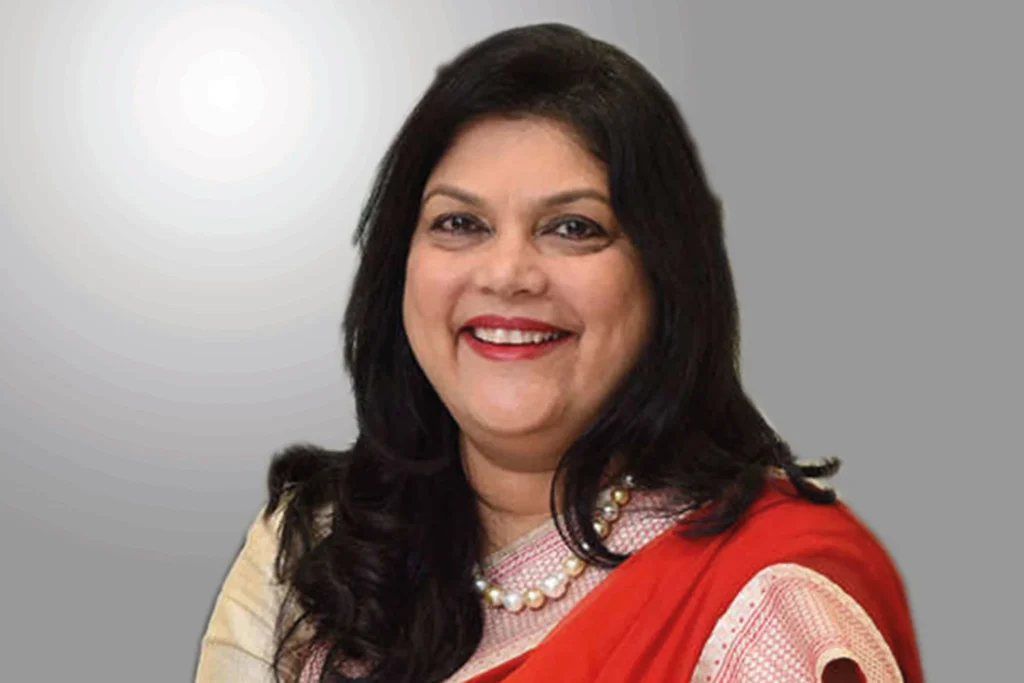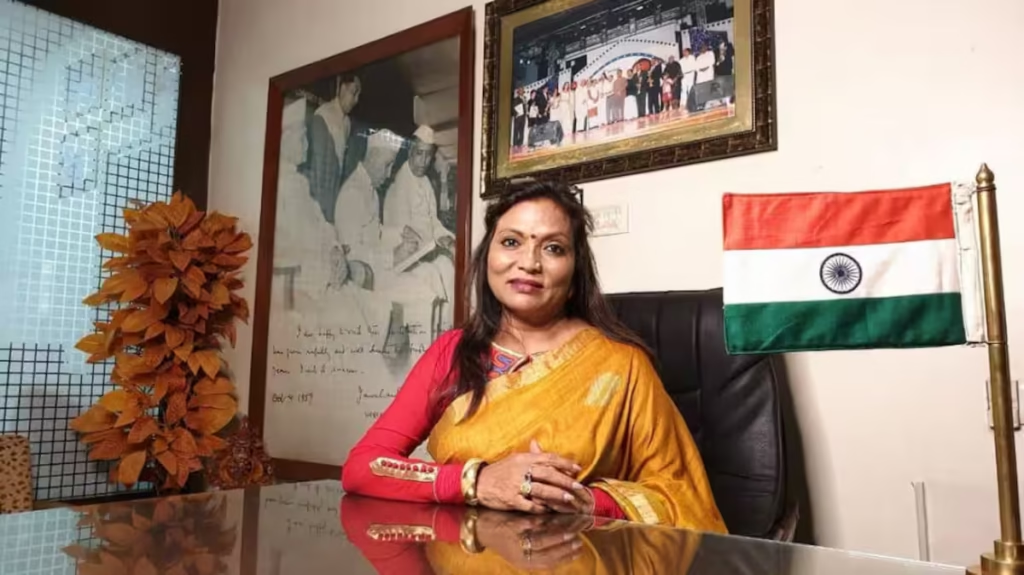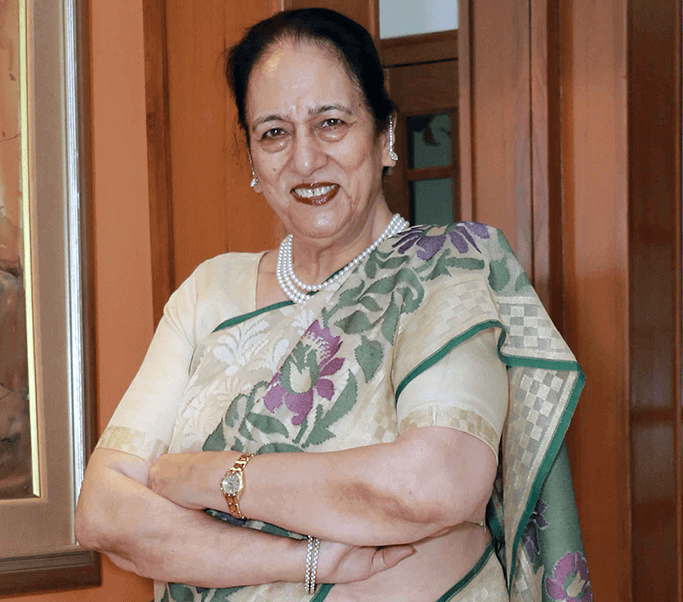In a country rich with culture, tradition, and history, Indian women have often found themselves confined by societal expectations. But over the past few decades, a quiet revolution has been underway. From small towns to bustling metros, Indian women entrepreneurs are rewriting the rules of success. With courage, innovation, and persistence, they are breaking age-old stereotypes and reshaping India’s business landscape.
In this article, we highlight powerful stories of women who dared to dream beyond the expected and paved the way for thousands of others.
1. The Rise of Indian Women Entrepreneurs
Indian women entrepreneurs have come a long way—from running home-based ventures to leading multi-million-dollar companies. With growing access to education, digital tools, and financial resources, more women are stepping into the entrepreneurial world than ever before. But this journey is not without challenges.
Many of these women have had to fight against deeply rooted gender biases, family pressures, and societal norms that discouraged risk-taking or professional ambition. Despite this, their stories show us that change is not only possible—it’s happening.
2. Falguni Nayar – From Investment Banker to Beauty Mogul
Perhaps one of the most iconic examples of breaking stereotypes is Falguni Nayar, the founder of Nykaa. A former investment banker with Kotak Mahindra, Falguni left her secure job at the age of 50 to start a beauty and wellness e-commerce platform.

At a time when beauty was still a niche category in Indian e-commerce and dominated by international brands, Falguni saw a gap and filled it with a smart, user-focused platform. Today, Nykaa is a household name and has grown into a billion-dollar company.
Why she breaks stereotypes:
- Started her business at 50, challenging the belief that entrepreneurship is for the young.
- Entered a beauty industry long perceived as “frivolous” for serious investors.
- Became India’s richest self-made woman billionaire.
3. Kiran Mazumdar-Shaw – A Biotech Trailblazer
Kiran Mazumdar-Shaw, the founder of Biocon, is a name that needs no introduction. Starting her biotech firm in 1978 with just Rs. 10,000 and operating from her garage, Kiran ventured into a male-dominated scientific field when few believed in the potential of biotechnology in India.
Her resilience, scientific acumen, and leadership took Biocon from a small enzyme manufacturer to a global biopharma powerhouse.
Why she breaks stereotypes:
- Entered the pharma and biotech industry as a young woman in the 70s.
- Became one of India’s first and most successful biotech entrepreneurs.
- Continues to advocate for affordable healthcare and innovation.
4. Richa Kar – Redefining Women’s Lingerie with Zivame
When Richa Kar launched Zivame, an online lingerie store, many were uncomfortable even talking about the concept. Lingerie shopping in India was traditionally taboo, often awkward and hidden behind curtains in shops.
Richa saw a need to make this experience better for Indian women. Despite facing social backlash and even family disapproval, she stuck to her vision.
Why she breaks stereotypes:
- Talked openly about women’s innerwear, a topic many avoided.
- Created a safe space for women to shop without embarrassment.
- Proved that e-commerce can solve cultural discomforts.
5. Shradha Sharma – The Voice Behind India’s Startups
Shradha Sharma, the founder and CEO of YourStory, believed in the power of storytelling. She started a media platform solely focused on startup success stories at a time when mainstream media gave little attention to small entrepreneurs.

Her platform has now covered over 60,000 startup stories and serves as a launchpad for many small businesses.
Why she breaks stereotypes:
- Launched a digital media platform with zero background in tech.
- Encouraged stories from Tier-2 and Tier-3 cities, breaking metro dominance.
- Empowered unknown entrepreneurs to gain visibility.
6. Vani Kola – The VC Who Backs the Dreamers
As the Managing Director of Kalaari Capital, Vani Kola is one of the most respected venture capitalists in India. After a successful entrepreneurial stint in Silicon Valley, she returned to India to support early-stage startups.
Her sharp eye for spotting potential has helped many companies like Snapdeal and Urban Ladder grow.
Why she breaks stereotypes:
- Woman in the male-dominated VC world.
- Focused on mentoring first-time founders.
- Champion for diversity and ethical entrepreneurship.
7. Entrepreneurial Journeys from Small-Town India
Not all inspiring stories come from metros. Indian women from smaller cities and rural areas are also creating impact. Here are a few examples:
a. Kalpana Saroj – The Original Slumdog Millionaire

Born into a Dalit family and married off at 12, Kalpana faced abuse, poverty, and discrimination. But she later started a tailoring business, then a furniture shop, and eventually took over a struggling company—Kamani Tubes—and turned it around.
Today, she is hailed as one of India’s first Dalit women entrepreneurs.
b. Chinu Kala – From Sales Girl to Jewelry Queen
Chinu Kala started her career selling knives door-to-door. Today, she runs Rubans Accessories, a premium fashion jewelry brand that has gained popularity among millennials.
c. Rajni Bector – Baked Her Way to Fortune

Starting in her home kitchen in the 1970s, Rajni Bector built Mrs. Bector’s Foods, a company now behind popular brands like Cremica and English Oven.
8. Challenges Indian Women Entrepreneurs Still Face
Even with growing recognition, women entrepreneurs in India face significant barriers:
- Access to funding: Women receive a smaller percentage of VC funding compared to male-led startups.
- Social stigma: Traditional roles often restrict women from pursuing full-time businesses.
- Work-life balance: Expectations of managing home and children continue to weigh heavily.
- Lack of mentorship: Many women lack guidance or networks to grow their ventures.
9. Government & NGO Support for Women Entrepreneurs
Recognizing these challenges, both government and private initiatives are helping:
- Startup India: Offers funding and support schemes.
- Stand-Up India: Provides bank loans between ₹10 lakh and ₹1 crore to women entrepreneurs.
- Women Entrepreneurship Platform (WEP): A NITI Aayog initiative for mentoring and networking.
- Self-Employed Women’s Association (SEWA): Helps grassroots women with training and income opportunities.
These schemes are starting to bridge the gap, but more awareness and accessibility are still needed.
10. The Road Ahead – Redefining Success
The new wave of Indian women entrepreneurs is not just about profit. Many are building purpose-driven businesses:
- Sairee Chahal’s Sheroes: A social network for women focused on career growth.
- Neelam Chhiber’s Industree Crafts: Reviving Indian crafts while empowering rural women.
- Upasana Makati’s White Print: India’s first lifestyle magazine in Braille.
They’re building companies with heart, purpose, and impact—proving that success is no longer measured by revenue alone.
11. What We Can Learn from These Women
Here are some powerful takeaways from the journeys of Indian women entrepreneurs:
- You’re never too old to start.
- Your background doesn’t define your future.
- Stereotypes can be shattered with courage.
- Purpose matters as much as profits.
- Support networks and community upliftment can multiply success.
Conclusion: Changing the Narrative, One Venture at a Time
The stories of Indian women entrepreneurs are not just about business—they are about changing mindsets, challenging expectations, and leading with purpose. These women are breaking stereotypes every day, whether it’s starting late in life, operating in taboo sectors, or rising from poverty to the boardroom.
As India continues to grow as a global economy, the contribution of its women entrepreneurs will only become more crucial. Supporting them—through mentorship, funding, or simply by sharing their stories—is not just good for business, it’s essential for social progress.
Read Next – How Shark Tank India is Inspiring a New Wave of Indian Innovators











Leave a comment